Alright – so today we’ve got the honor of introducing you to Dan Nye. We think you’ll enjoy our conversation, we’ve shared it below.
Alright, Dan thanks for taking the time to share your stories and insights with us today. Can you talk to us about how you learned to do what you do?
My acting education truly started in college. Going to Ohio State was a tactical decision. It was a large enough school that no matter what path I decided to pursue, I would have a good education. The longer I was in college the more I was drawn to Theatre. My true passion laid in film, and during my tenure at the school, a Film Studies major was announced.
I took a few acting classes there, and while I wasn’t super active in either department, (something I do mildly regret,) I did learn a lot in these classes. A lot of acting is learning how to do something you as a person wouldn’t normally do, and how to execute that believably in front of an audience. be it live or on camera’ but I think outside of that it looks good! I learned one of these strengths in an ‘Acting for the camera’ class, where our instructor pointed out how natural I was able to appear on camera.
I graduated with a double major in Theatre and Film studies with a focus on Acting, Writing, and Directing. I have always said, I will do whatever they’ll allow me. If they just want me to be a PA and grab coffee, cool. I’ve been lucky enough and fortunate enough that I’ve had success in front of and behind the camera.
But where I’ve learned the most is on set. It’s been said thousands of times before, but it still holds true: there is no substitute for experience. Being on set, and becoming comfortable in uncomfortable situations helps you grow and mature as an artist and performer.
At this point in my career, I feel very seasoned. It’s interesting working in LA, having most of my experience come from being on sets in the midwest. The location has changed, but the sets largely run in the same manner. Out here, I’m working with very talented, very green individuals, who are 10-15 years younger than me, who are so eager to learn, to ask questions. It’s great to see, and extremely energizing.
Could I have sped up the process? Certainly. I could have been more involved in college. I could have networked more. Anyone who’s been doing this as long as I have is going to have a list of things they could have done differently or better. The trick is, not to dwell in those decisions. A lot of my journey has happened when it needed to happen. I do my best not to regret missed opportunities, but to keep working, to keep pushing, and stay ready and prepared for that next opportunity.
Essential skills: listening. There’s always someone around who knows more than you do. Listen to them. Find out of it applies to you. Why or why not? There’s always something to learn. And it’s also important to be aware of what works for *you* as an individual. What works for you may not work for everyone else and vice versa.
Communication. Knowing what the writers may need from you, the director needs from you, and anyone else, who may rely on you to complete their job, is essential. And knowing how to perform said tasks to the best of your ability to make everyone happy is truly how to keep working.
The only thing that really stood in my way was myself. Not being ready for certain situations, not being open to opportunities with jobs or classes or learning new skills and what have you.
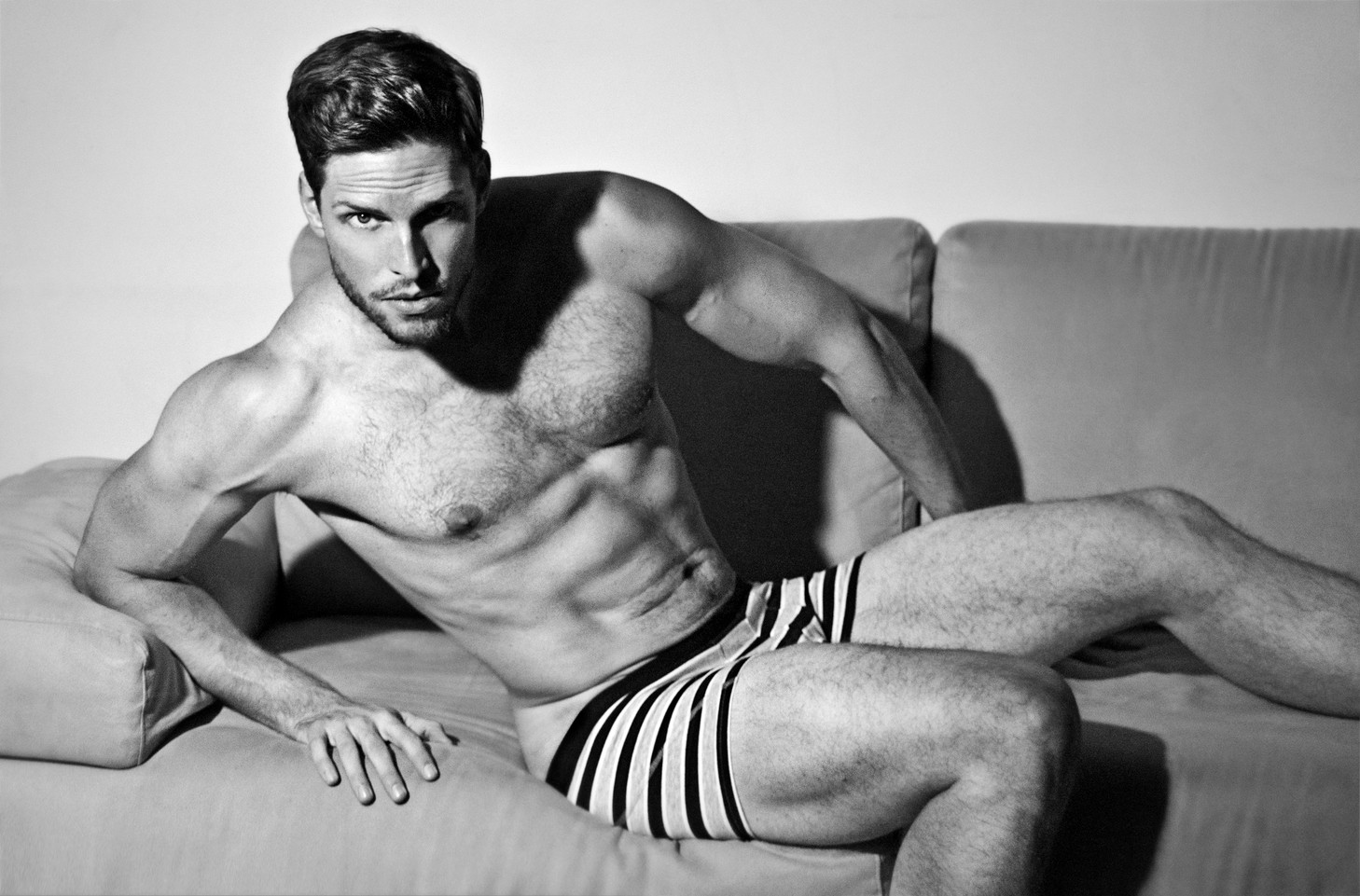
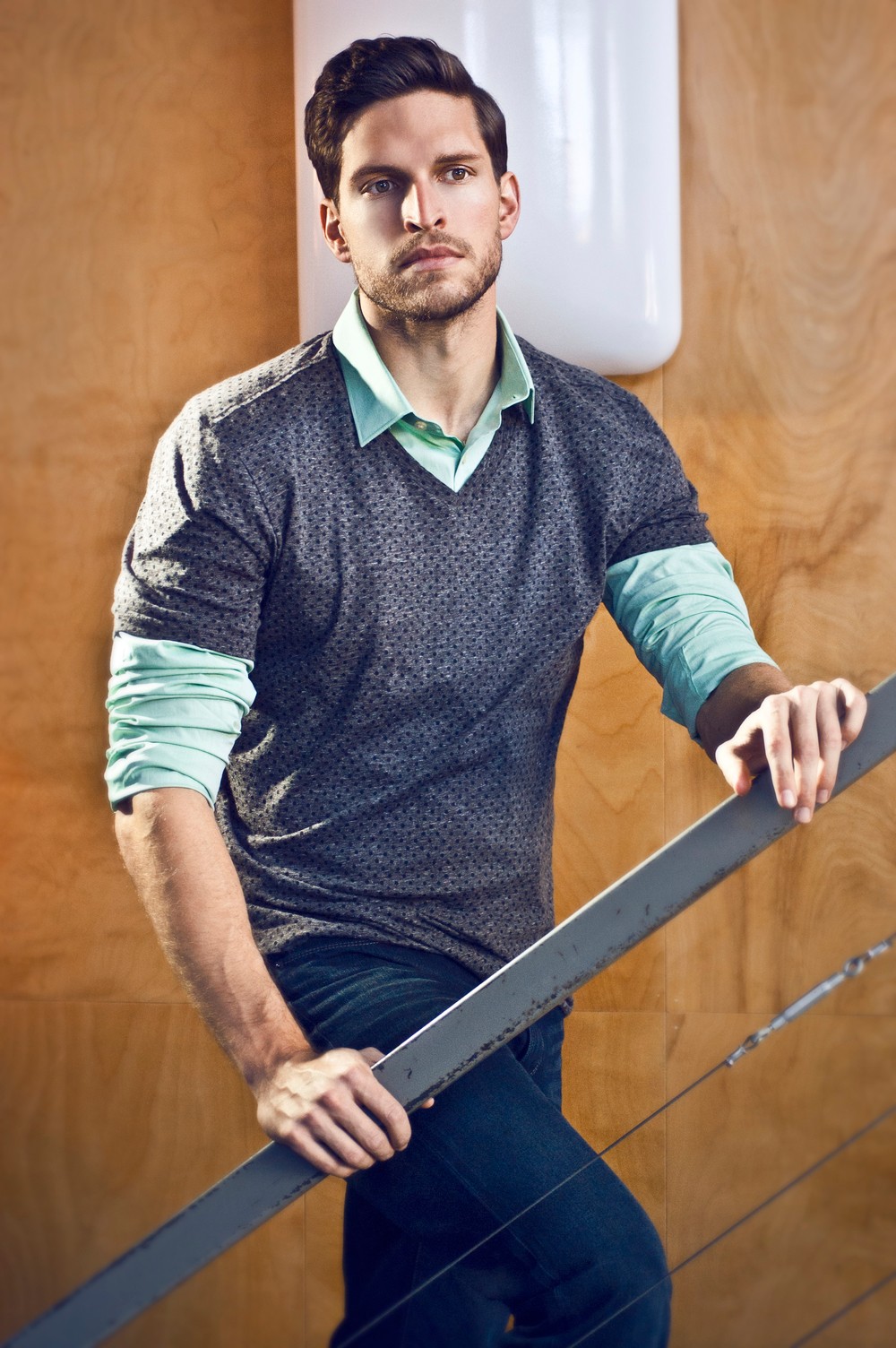
Dan, love having you share your insights with us. Before we ask you more questions, maybe you can take a moment to introduce yourself to our readers who might have missed our earlier conversations?
I was always a bit of a ham. I loved being entertaining to family and friends. Making them smile, making them laugh. I remember being asked to do a simple chore around the house as a kid. I went into the bathroom, wet my hair and chest, and walking back out, extremely dramatic, pretending I had profusely sweat, doing this one silly particular chore. After fake fainting, my parents applauded for me.
At that point, I never even considered acting or being involved in film as a viable career. I was young and naïve. In high school and my teens, I hadn’t considered what I really wanted to be doing with my life. I was bitter that I was supposed to decide the next 50-70 years of my life at such a young age. All I knew is I didn’t want to be stuck in an office for the foreseeable future.
I surprised myself, getting into acting. It was something I thought about, during my final years of college, but I didn’t take any serious steps to searching for an agent, or trying to turn it into a career.
I signed with my first agency in Columbus, Ohio when I was 25. One of the first jobs I booked was that of a young father. I’ve literally been playing a father since I’ve been active in this industry.
Since then, I’ve been acting for over a decade, I’ve been signed under 5 different agencies, booking jobs all over the midwest and now out in my new market, LA. I’ve been in many movies, shorts, pilots, webseries, commercials, industrial videos… I’ve been hosting podcasts for over 5 years, on YouTube and audio format.
One of the reasons I chose to pursue this as a career was the ability to learn a little about a lot of things. I’ve shot industrial videos in a jet engine facility. I was a background actor in a Marvel movie. I’ve been a lead in indie films.
Each set is different. Each day is new. I love how collaborative the process filmmaking is. It literally takes a village, and I’m happy to be a part of it.
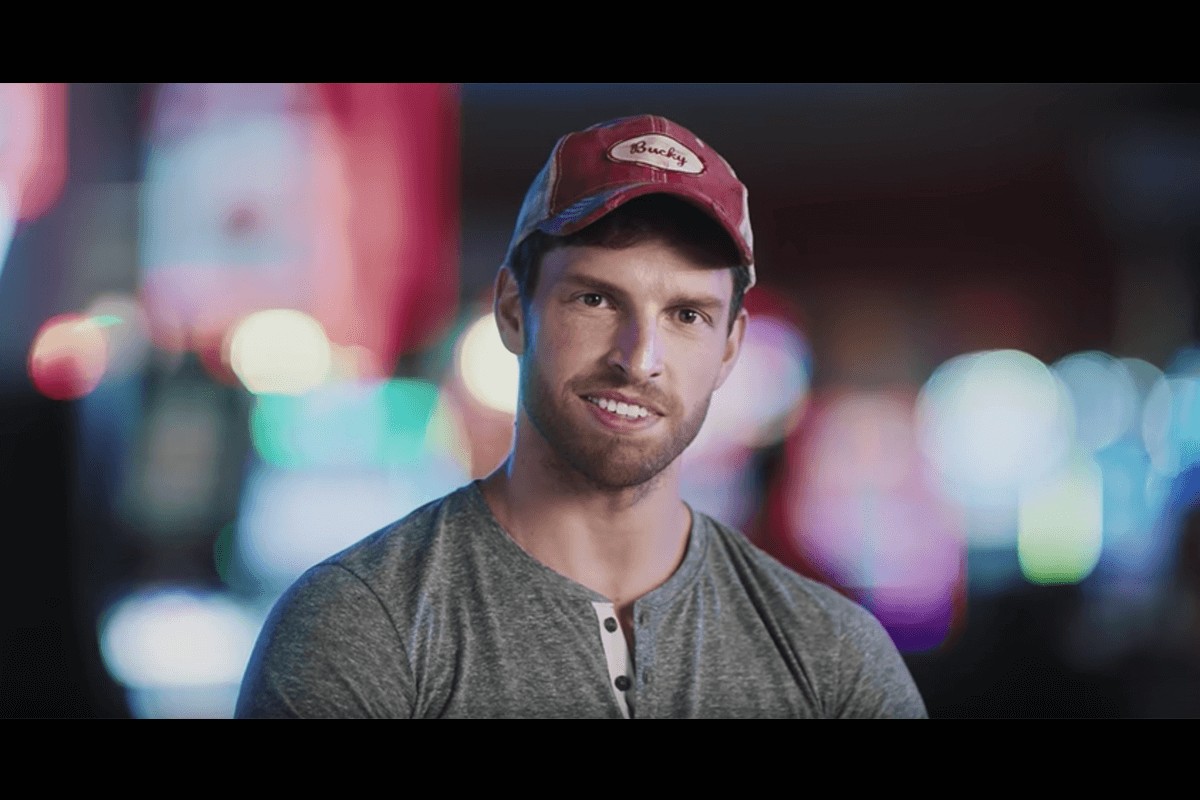
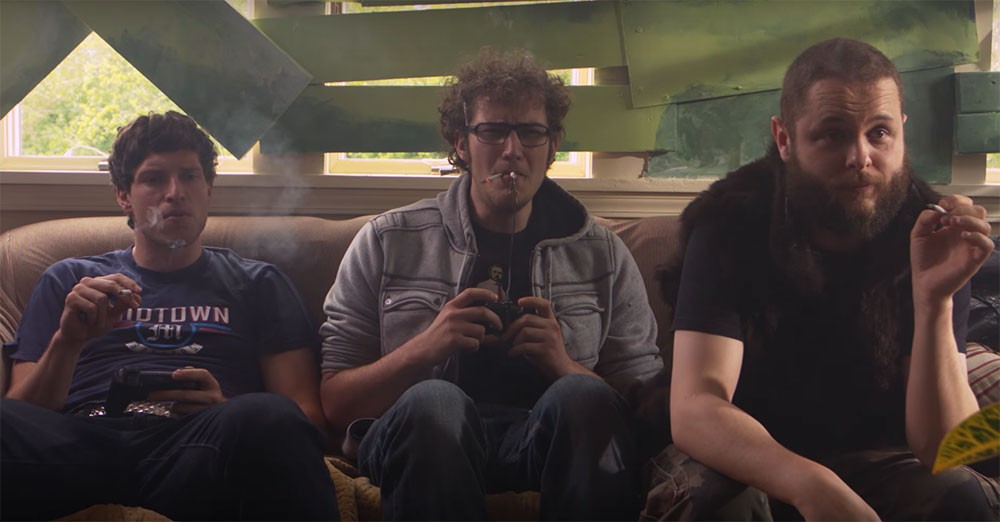
What’s a lesson you had to unlearn and what’s the backstory?
‘As an actor, you have to deal with near constant rejection.’
Now, I’m paraphrasing a bit, but this is a very common idiom that is well known, and spoken, mostly by people who aren’t in my industry.
What I find myself dealing with is more, ‘screaming into the void’ or more accurately ‘applying for jobs into the void.’ 99 times out of 100, unless you’re booking a job, you won’t hear back one way or the other. For many people, they choose to think of this as ‘rejection.’
The one of the most valuable experiences in my acting career actually happened while I wasn’t even something I auditioned for; it was the time I was on the other side of the casting table, helping to cast a webseries.
One of the lead roles was written for a meek but quirky and fun librarian. We saw over 20 people for the role. While reviewing footage, all of us unanimously agreed on the actress who booked the part. It wasn’t against any of the other submissions. This actress just nailed the part exactly as all of the producers had imagined.
That’s the biggest takeaway I can say. You could have the audition of your life, and if you’re not what the producer, the writer, the casting director, the director had in mind, it’s likely you won’t get the part.
Realizing that so much of this is out of my hands was very freeing and it took a lot of the stress out of the auditioning process.
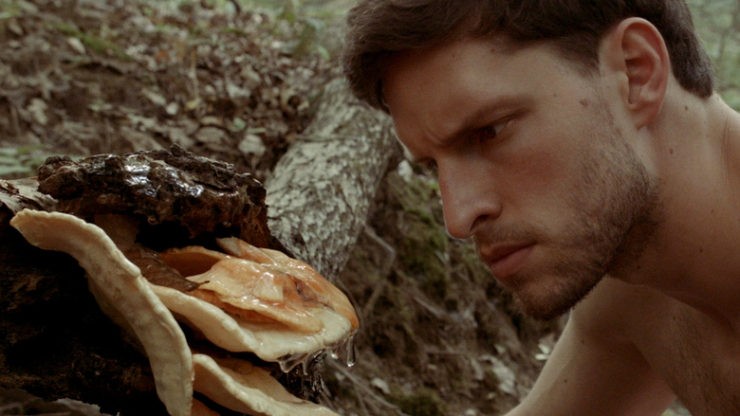
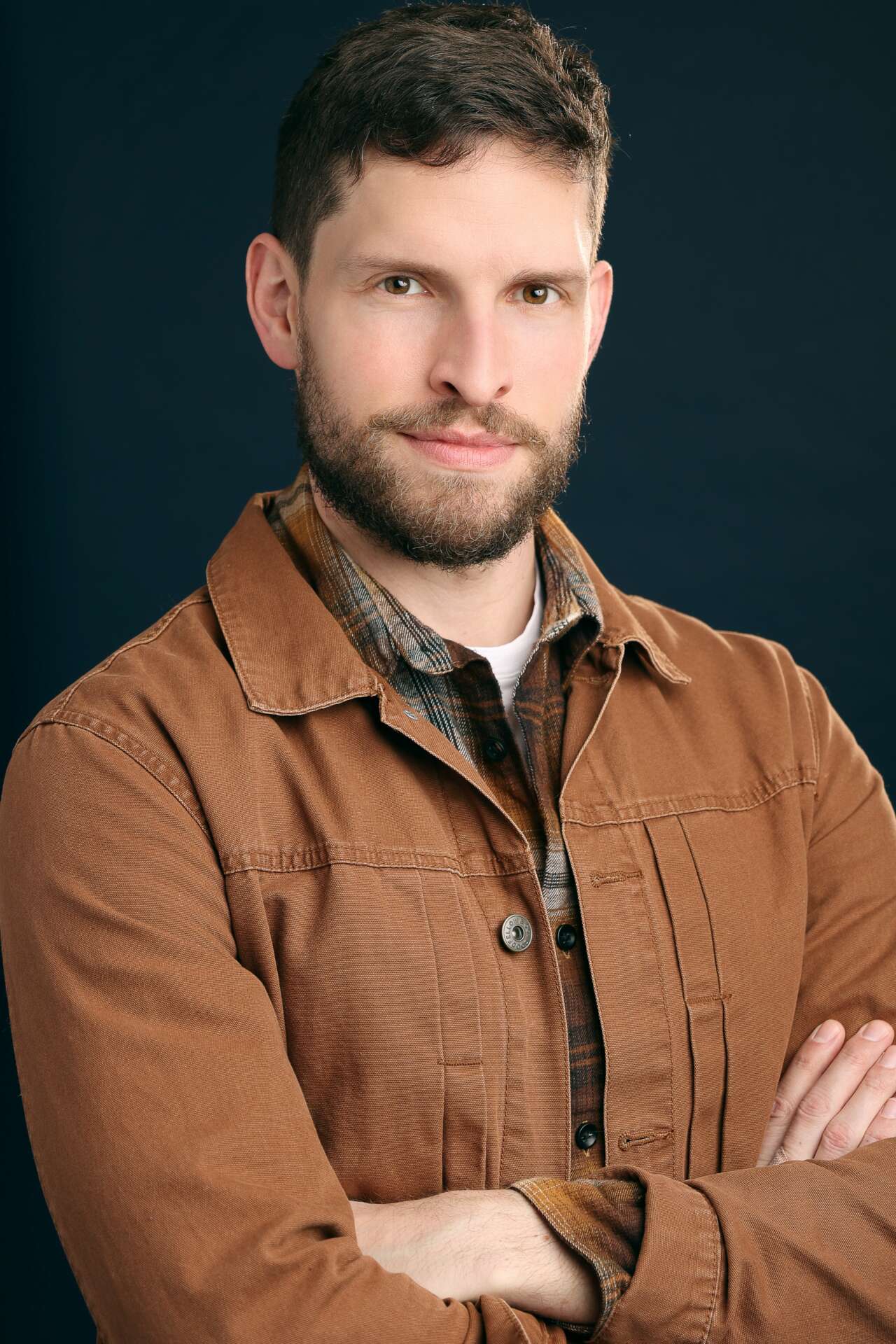
Is there something you think non-creatives will struggle to understand about your journey as a creative? Maybe you can provide some insight – you never know who might benefit from the enlightenment.
Everything about the TV and film (and now streaming) industry… everything is a creative job.
Whether it’s the creator pitching the show to executives, whether it’s the accountant having to find additional funds to shoot more scenes, whether it’s the background actor who has to made a choice where to move and remember it for 2 hours while they shoot a scene… There is literally not one aspect that doesn’t involve creativity on some level, and also *massive* amounts of collaboration.
Being a great communicator on set is essential.
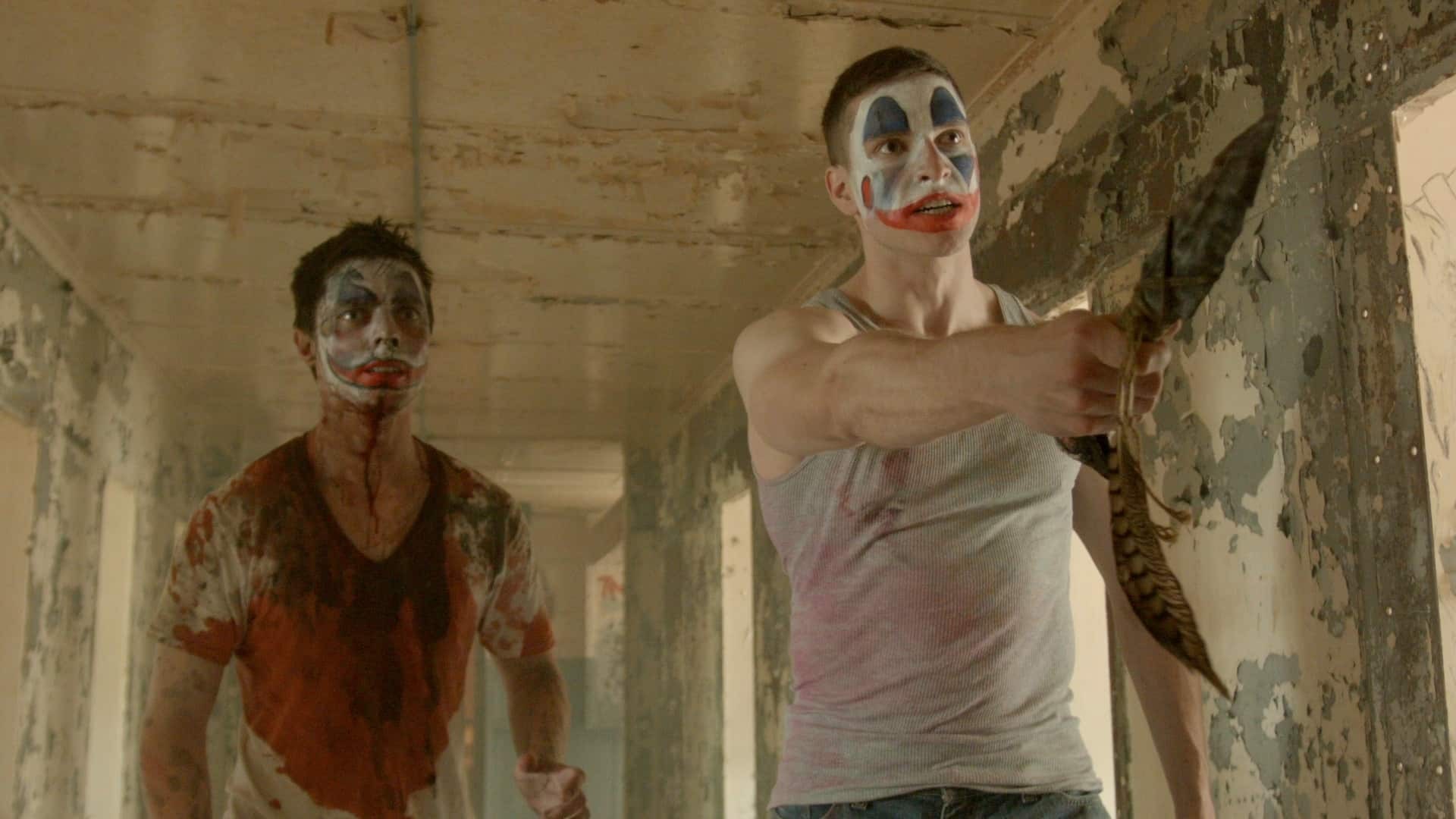
Contact Info:
- Instagram: https://www.instagram.com/ohhidannye
- Twitter: https://twitter.com/OhHiDanNye
- Other: Most of the other various social medias (Threads, BlueSky, Hive, Spoutible) all @OhHiDanNye
Image Credits
Sérah Jophiel Munroe Ben Marcum Jake Lloyd Bacon Brian K. Williams Marshell Fenn Justin Russell


